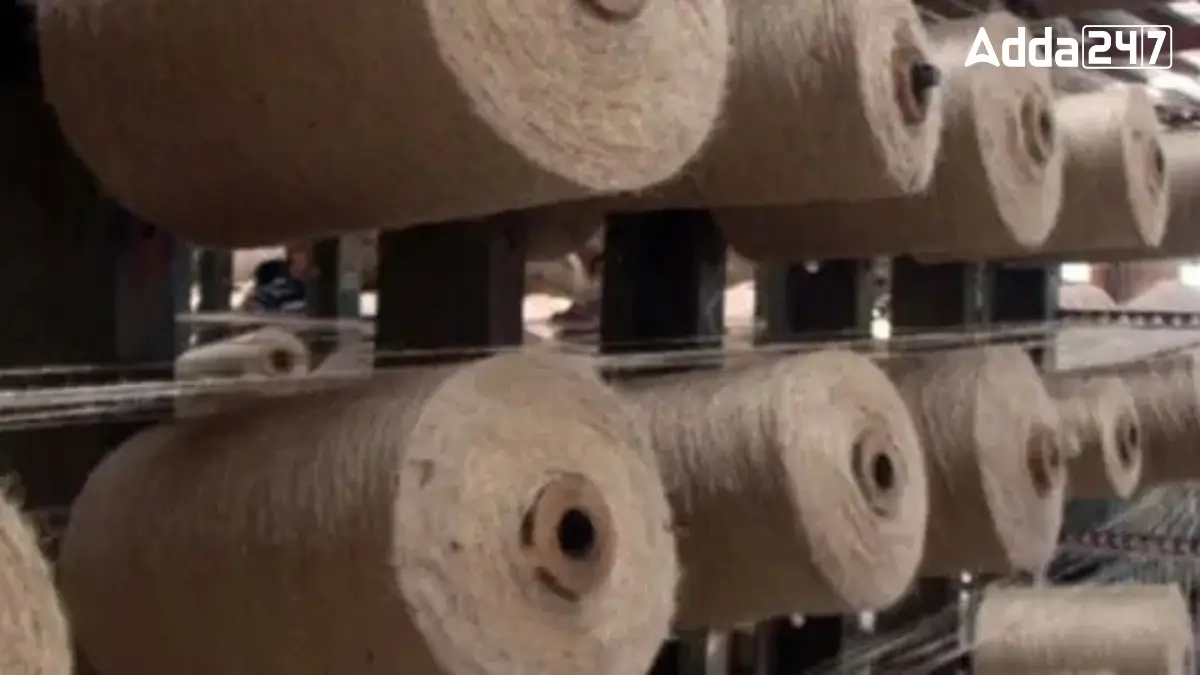India has a strong jute industry , which plays a key role in the country’s economy. Jute is a natural fiber used to make products like bags, ropes and mats. The industry provides jobs to thousands of people and supports exports. Most of the jute mills are located in one particular state, which offers the ideal climate, water supply and transportation facilities needed for jute production.
Jute Production in India
India is the largest producer of jute in the world, with West Bengal, Assam and Bihar being the main jute-growing states. However, in recent years, jute production has been declining due to factors like low prices, competition from synthetic fibers and outdated farming methods. This has affected farmers and the jute industry.
The Hub of Jute Hills
West Bengal is the main state for jute mills in India. Most of the country’s jute factories are found here, especially along the Hooghly River near Kolkata. This region has the right climate, transport, and labour for jute production. Out of nearly 70 jute mills in India, about 60 are located in West Bengal, making it the real center of the jute industry in the country.
Reasons for Jute Mills in West Bengal
West Bengal is the main center for jute mills in India because it has the right climate, good soil and easy transport facilities. Here are the reasons why West Bengal has the most Jute industries in India:
Proximity to Jute-Producing Areas
West Bengal, especially the Hooghly basin, is a major jute-growing region. Since the mills are close to the jute farms, it is easy and cost-effective to transport raw jute to the mills.
Soil Sustainability
The Ganga-Brahmaputra delta in West Bengal has fertile soil, which is perfect for growing jute. The rich alluvial soil helps in producing high-quality jute fibers.
Favorable Climate
West Bengal has a humid climate with plenty of rainfall, which is ideal for jute cultivation. The warm and moist weather helps the jute plants grow faster and healthier.
Historical Importance
The first jute mill in India was established in West Bengal in 1855. Since then, the industry expanded rapidly in the state. This historical connection made West Bengal the center of jute production.
Easy Transportation
The Hooghly River makes transportation easy. Raw jute and finished jute products can be easily transported through Kolkata and Howrah ports. This reduces transportation costs and boosts exports.



 Which Country is known as the Land of Mo...
Which Country is known as the Land of Mo...
 Which Languages is known as the Mother o...
Which Languages is known as the Mother o...
 Which Country is known as the Highest Pr...
Which Country is known as the Highest Pr...








